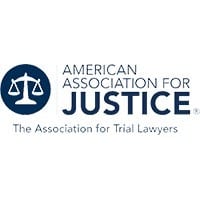
Premises liability cases revolve around injuries and accidents that occur on another party’s property. Kentucky law requires property owners to maintain a safe environment for visitors and inform them of any known hazards on the property. Visitors are at risk for severe accidents and injuries when property owners fail to maintain their premises. Kentucky law entitles those who have sustained injuries as a consequence of a property owner’s negligence or intentional harm to seek compensation for damages in civil court. Accident victims shouldn’t have to suffer the financial impact of a serious injury when a negligent property owner causes them harm.
Steps We Take To Get You A Top Settlement
Types of Premises Liability Accidents
Slips, Trips, and Falls
Slip and fall accidents and trip and fall accidents are the most common types of premises liability accidents. In fact, the Centers for Disease Control and Prevention (CDC) estimates that one in five falls result in severe injuries, like broken bones or brain injuries. Falls are also the number one cause of hip fractures in older adults. The CDC also reports that approximately 3 million individuals visit emergency departments each year for fall-related injuries. This includes about 800,000 who have to stay in the hospital for one or more days. Many different hazards or conditions can cause someone to slip and fall or trip and fall, including:- Old, run-down buildings that have rotted, worn, or loose stairs, rails, and wood or tile flooring
- Falling debris from construction sites
- Uncleared debris in parking lots, driveways, and storefronts, and on sidewalks
- Wet product spills or use, such as floor cleaners, water, wax, oil, ice, and food
- Dry product spills or use, such as powders, granules, grains, sand, sawdust, and soil
- Uneven and unkempt sidewalks and trails
Escalator and Elevator Accidents
The technology that has given us elevators and escalators has provided a convenience that most of us take advantage of in office buildings, airports, shopping malls, hotels, and other large structures. These machines allow us to move quickly from one place to another without having to climb flights of stairs. Additionally, those with physical limitations can use escalators and elevators to navigate large buildings that they otherwise might not have visited. However, visitors who use this infrastructure can suffer injuries when property owners don’t properly maintain escalators, elevators, and moving walkways. Some mechanical failures with escalators and elevators that can lead to injuries include:
Some mechanical failures with escalators and elevators that can lead to injuries include:
- Poor installation, which can include missing or loose parts
- Escalators that suddenly stop
- Elevators that suddenly drop
- Irregular maintenance
- Failure to inspect machinery for common mechanical issues
- Malfunctioning elevator doors
- Uneven or wrong elevator landings
- Side-step entrapments on escalators and moving walkways, which are especially dangerous for children
Swimming Pool Accidents
Kentucky’s warm summer climate makes taking a dip in a private or public pool a frequent event on hot days. Swimming not only provides relief from the hot weather, but it also serves as a great activity for kids and adults alike. Pool owners who don’t properly maintain their pool put users at risk for accident and injury. According to the Consumer Products Safety Commission (CPSC), the federal agency tasked with warning consumers about dangerous products, almost 150 children age 14 and below drown every summer between Memorial Day and Labor Day. This tragic statistic does not include adults who drown or swimming pool accidents that don’t lead to death. A swimming pool accident can occur at someone’s home, a hotel, a community pool, or a water theme park. Some unsafe conditions and negligent pool owner behaviors, which can cause severe accidents and injuries, include:- Failure to inspect all aspects and areas of a pool, such as steps, ladders, handrails, filters, pumps, slides, and diving boards
- Concrete and tiles that are extra slippery because they haven’t been cleaned or maintained properly
- Cracked tiles and concrete that create dangerous, uneven walking areas
- Overcrowding of a pool, which makes it more difficult to monitor swimmers in distress
- Failure to construct a fence or other barrier to keep small children out of the pool area
- Lack of adult supervision or failure to provide a lifeguard
Insufficient Building Security
Property owners also have a legal obligation to protect visitors from suffering harm by third parties. This type of protection usually comes in the form of building or property security. The notion of security is broad, highly subjective, and can include a variety of actions depending on the specific property, its location, and potential threats to visitors or tenants. Some apartment communities or office buildings might have restricted access that requires a passcode, a key, a key card, or some other technology. In other cases, maintaining security on a property might include the installation and maintenance of lighting in outdoor spaces and common spaces, or enclosing a property with a security gate. If a visitor or tenant gets attacked, assaulted, raped, stabbed, or shot, the property owner might share liability with the perpetrator.Fires
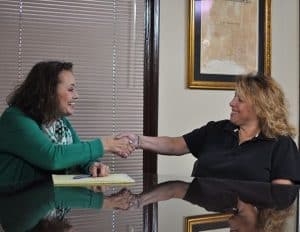 Several different hazardous conditions, chemicals, and other substances can lead to a dangerous fire or explosion. Examples include electrical shorts, lit cigarettes, and flammable substances. A Kentucky court might find the property owner liable if a visitor suffers burns or other injuries after a fire or explosion is caused by the owner’s negligence. Burns are among the most expensive injuries to treat. Those who suffer severe burns often need one or more surgeries to repair burned areas of the body.
Additionally, severe burns might cause doctors to put a burn victim in a medical coma to spare him or her the excruciating pain of healing. Burn victims typically spend weeks, months, and sometimes years recovering from their burn injuries. Even after cosmetic surgery and a lengthy recovery, burn victims face permanent scars. Fortunately, fires don’t occur as often as other types of premises liability accidents, but when they do occur, fires can cause life-changing injuries.
Several different hazardous conditions, chemicals, and other substances can lead to a dangerous fire or explosion. Examples include electrical shorts, lit cigarettes, and flammable substances. A Kentucky court might find the property owner liable if a visitor suffers burns or other injuries after a fire or explosion is caused by the owner’s negligence. Burns are among the most expensive injuries to treat. Those who suffer severe burns often need one or more surgeries to repair burned areas of the body.
Additionally, severe burns might cause doctors to put a burn victim in a medical coma to spare him or her the excruciating pain of healing. Burn victims typically spend weeks, months, and sometimes years recovering from their burn injuries. Even after cosmetic surgery and a lengthy recovery, burn victims face permanent scars. Fortunately, fires don’t occur as often as other types of premises liability accidents, but when they do occur, fires can cause life-changing injuries.
Dog Bites
According to the Insurance Information Institute, insurance companies paid out more than $600 million in claims related to dog bites in 2018, and the CDC estimates that approximately 4.5 million people suffer dog bites each year. Dog bites are a distinct type of premises liability accident that doesn’t conform to the average situation. You can suffer a dog bite on your own property or somewhere else, and the dog owner might not be present at his or her property when a bite occurs. For example, a dog might bite someone at a public park or on a city sidewalk. In any case, dog bite claims typically fall under homeowners’ insurance policies, the same as if a visitor gets injured while at someone’s home. Dog bites can cause permanent scars, infection, and tremendous emotional trauma, especially in young children, who are most at risk.“We Have Recovered Millions of Dollars for Our Clients”

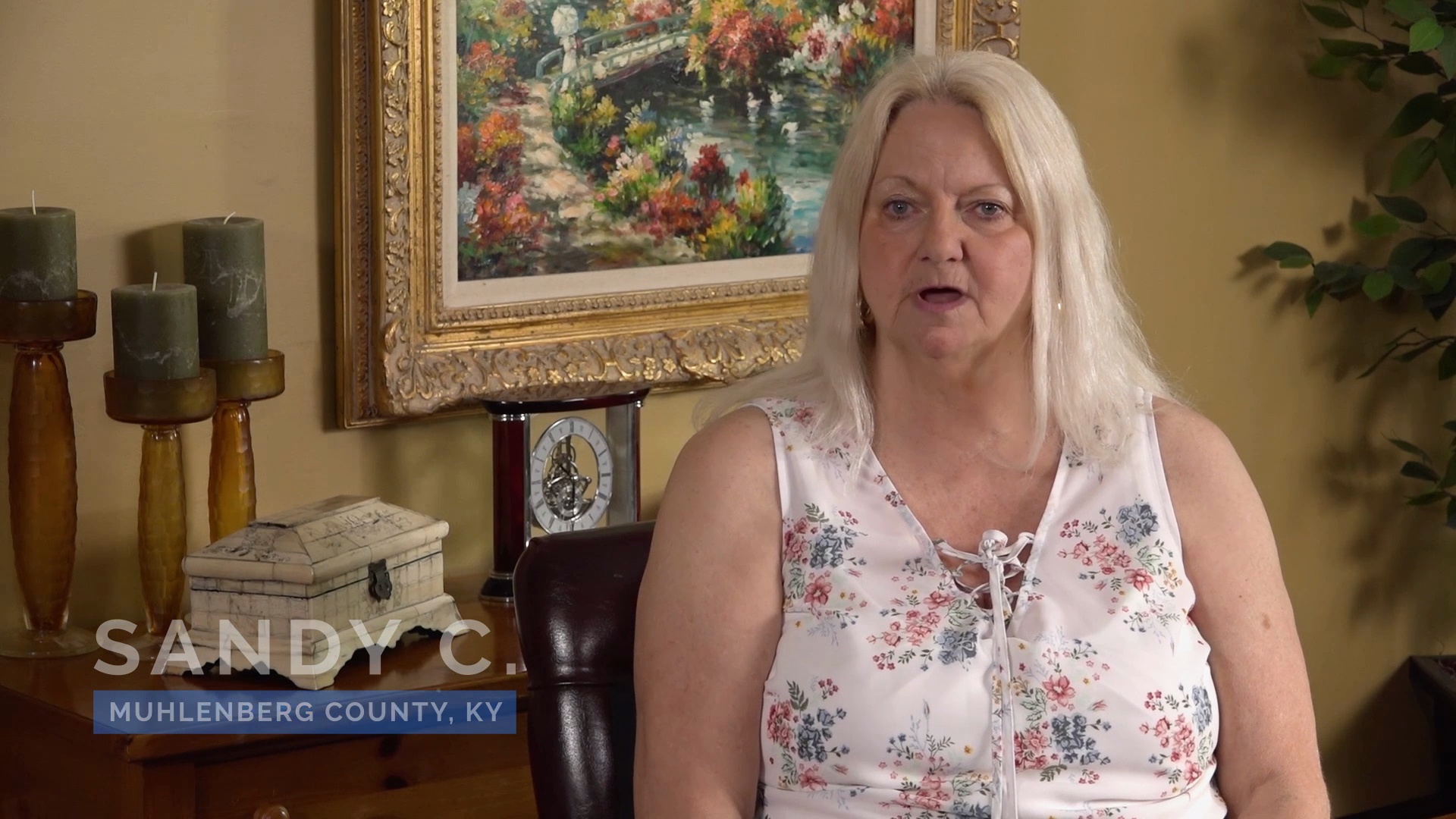

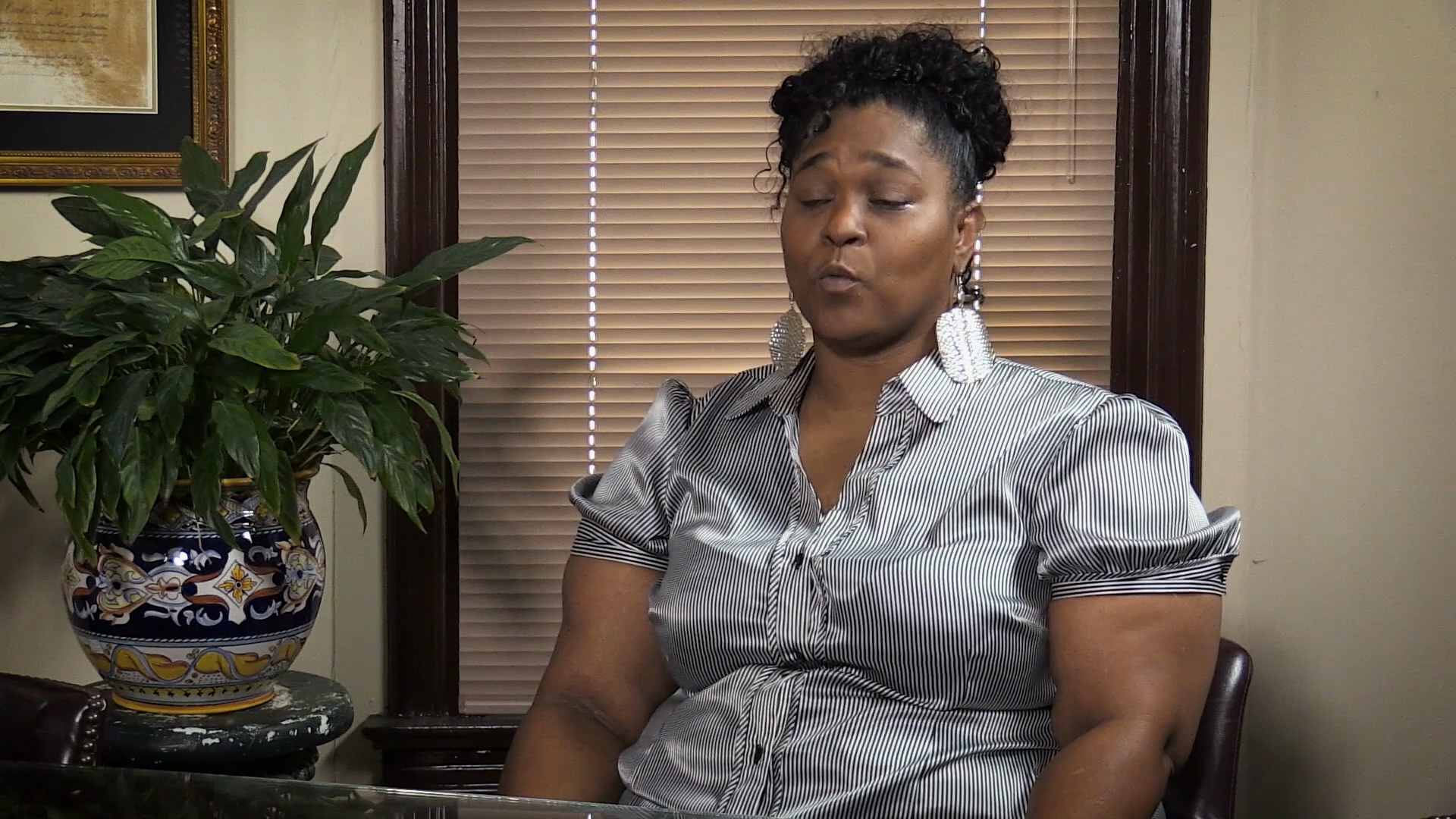
Seeking Damages in Kentucky Premises Liability Cases
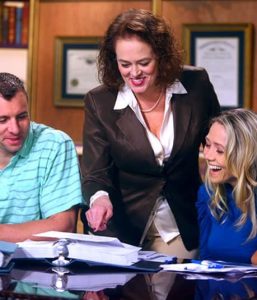 If you have sustained serious injuries on another party’s property because the owner was negligent or intentionally harmed you, Kentucky law permits you to sue for damages related to your injuries in civil court. Common damages that you can receive in a settlement or as a result of a verdict in your favor include:
If you have sustained serious injuries on another party’s property because the owner was negligent or intentionally harmed you, Kentucky law permits you to sue for damages related to your injuries in civil court. Common damages that you can receive in a settlement or as a result of a verdict in your favor include:
Covered On This Page
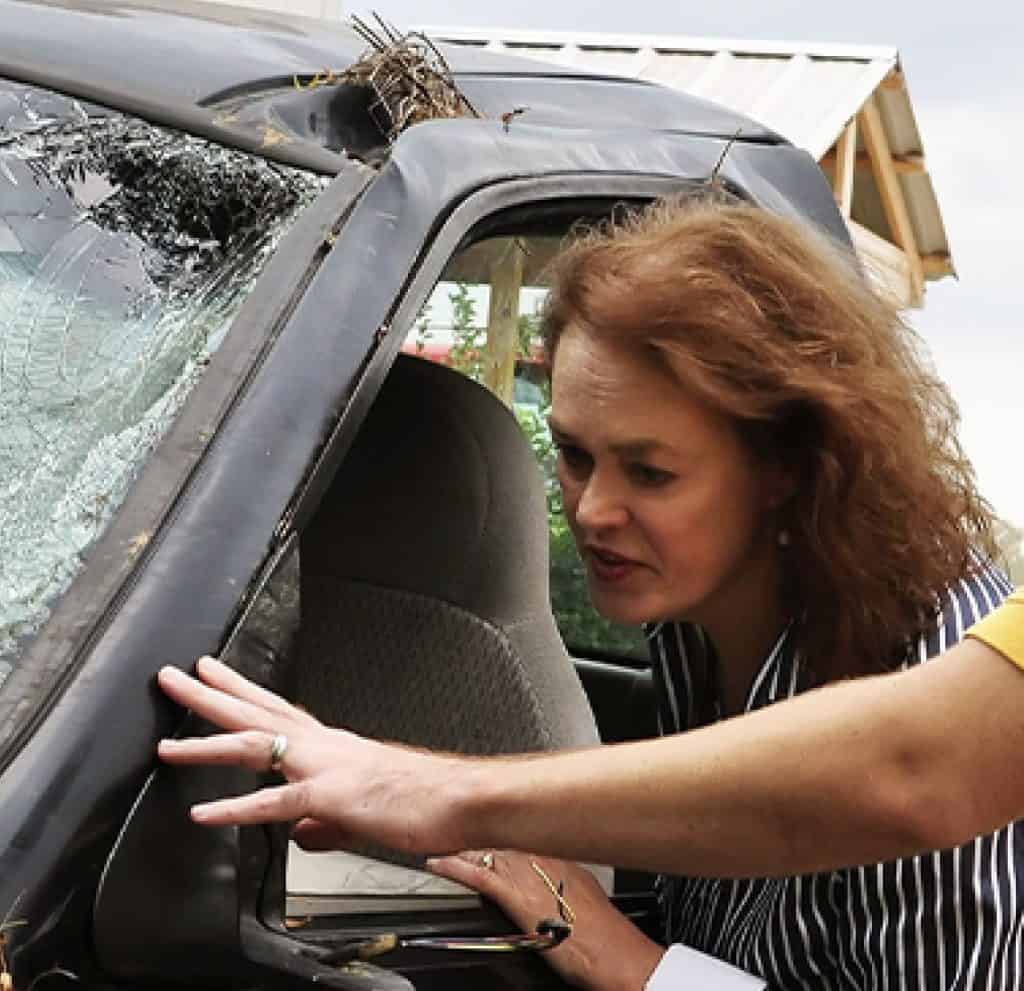
Our team has a five-step process for collecting compensation for victims of slip and falls. We’ll investigate your case, open claims with your health insurance provider, collect your medical records and refer you to great doctors, set up annuities and college funds for injured children, and negotiate for the settlement you deserve.
- Medical expenses, past and future
- Disfigurement, loss of limb, permanent scarring
- Lost wages
- Lose love, companionship, and guidance
- Disability costs or live-in care
- Physical pain and emotional suffering
- Lost capacity to earn
Medical Expenses
Suffering a severe injury can lead to many different types of medical costs. Beyond your initial trip to an emergency room, which may include an ambulance ride, you might have to stay in the hospital for days or weeks. During your stay, you can accumulate charges for diagnostic imaging, lab tests, surgery, nursing care, and medication. If you are fortunate enough to avoid a long hospital stay, you can expect to visit your doctor regularly for treatment and follow-up care. Depending on the nature and extent of your injuries, visits to specialists, like physical therapists and occupational therapists, also contribute to medical expenses, as do assistive devices, like wheelchairs, canes, walkers, and artificial limbs.
Future Medical Treatment
A severe injury that causes a permanent condition or disability requires ongoing treatment and care. In the most extreme cases, victims need long-term care in a facility or at home. When lawyers, investigators, and insurance companies place a value on your claim, they often look at your long-term prognosis. Your damages can include compensation for the care you or your injured family member will need for years or the rest of his or her life.
Lost Wages
Severe injuries typically require time away from work. You might miss work for days or weeks. Even if your accident occurred in the workplace, you will likely suffer economic losses while you receive disability payments, which cover no more than two-thirds of your average weekly wage for a set period of time. Regardless of where your accident occurred, compensation for damages related to your injuries typically includes lost income for the time you missed from work.
Future Lost Wages
Some injuries are catastrophic and prevent a victim from returning to his or her job or finding gainful employment. When a victim cannot return to work, lawyers and insurance companies include compensation for future lost wages in a claim.
Non-economic damages
Depending on the severity of an injury, premises liability accident victims can receive compensation for a wide array of non-economic damages. Some examples include physical pain and suffering, emotional pain and suffering, loss of consortium with a spouse, and loss of quality of life.
Punitive Damages
This special type of damages compensates accident victims when their injuries are a result of intentional harm or gross negligence. Punitive damages are not only meant to punish the at-fault party, but also to serve as a deterrent for future negligent behavior or willful harm. In a premises liability case, a court may find a property owner who knows about a hazardous condition and fails to warn visitors liable for punitive damages if any injuries occur. Courts reserve punitive damages for rare circumstances; your attorney will advise you on whether your specific circumstances and injuries warrant including punitive damages in your claim.
Covered On This Page
Several types of insurance coverage that will pay if you’re injured in an automobile collision:
Personal Injury Protection: The vehicle you are in is the primary coverage for payment of Personal Injury Protection (PIP) in Kentucky. PIP has minimal limits of $10,000 and pays medical expenses, lost income, home care, and even a portion of funeral expenses. Kentucky automobile accident lawyers reserve these benefits so medical bills and lost wages will get paid. PIP is repaid by the party at fault.
Liability: The at-fault driver pays for injuries caused to another through their liability policy, which in Kentucky has a minimum policy of $25,000 per person / $50,000 per accident and a maximum can be in the millions with a commercial insurance policy.
Uninsured Motorist: If the driver at fault did not have insurance you can collect on your uninsured motorist’s coverage on your own insurance policy.
Underinsured Motorist: If the at-fault driver of the vehicle had insurance but not enough or your injuries are greater than that amount you can collect on underinsured motorists. Flora Templeton Stuart will make sure all underinsured policies are uncovered for maximum recovery.
Negligence in car accidents typically involves a driver failing to exercise reasonable care. As Kentucky car crash lawyers, before we can take action against the liable party, we need to prove that their negligence led to the accident. We do this by establishing the following elements of negligence:
Duty of care: The at-fault party had a responsibility to keep you safe by following all traffic laws.
Breach of duty: The at-fault party breached their duty of care, instead acting negligently.
Causation: The at-fault party’s actions or inactions caused you to suffer an accident and injuries.
Damages: You suffered damages, such as pain and suffering and property damage, because of the at-fault party’s negligence.
Our team will gather evidence to prove negligence, including police reports, witness statements, and surveillance footage.
Under the “no-fault” car insurance system in Kentucky, drivers are required to carry a minimum of $10,000 in Personal Injury Protection (PIP) insurance. Regardless of who causes the accident, PIP covers medical expenses and lost wages. However, if you’re in an accident, you can opt out of the no-fault system to pursue auto injury claims against the at-fault driver and possibly receive more vehicle accident compensation.
Statute of Limitations in Kentucky and Tennessee
In vehicle accidents, there is a limited amount of time to sue. In Kentucky, you have two years after the wreck to sue which can be extended with PIP benefits being paid, as per Ky. Rev. Stat. § 304.39-230(6). In Tennessee, you only have one year to file an auto accident lawsuit. Time limits for minors start when they turn 18. The Statute of Limitations for Wrongful Death cases is governed by KRS 413.140.
Frequently Asked Questions
Why Hire Flora Templeton Stuart Accident Injury Lawyers?
With fifty years of representing clients in Kentucky & Tennessee, our personal injury lawyers are dedicated to obtaining justice for our injured clients. With local attorneys, right here in your community, we provide personal representation with our top attorneys. We meet with our clients to explain the entire process, leave no stone unturned with an extensive investigation to include our experts, and will refer our clients to excellent physicians. We take on the insurance company to obtain a maximum settlement. We can come to you and with offices close by we can travel to our injured clients when they cannot come to us. We treat our clients like family.
How do I pay for you to represent me?
Flora Templeton Accident Injury Lawyers we work on a contingency fee so you won’t pay us unless we win your case. We pay all costs of the case and are not reimbursed unless we collect money for you. you can call us for free, even on weekends with no obligation.
What type of cases do you handle?
We handle all car and truck accidents including commercial trucks, motorcycle accidents, pedestrian accidents, bus accidents, bicycle accidents, drunk driving accidents, work injuries, slip and falls, dog bites, and more. When a loved one has died in a personal injury accident we handle the wrongful death claim to obtain a recovery for the family to get the justice they deserve. Go to our personal injury overview link for more personal injury cases that we handle. since we concentrate our entire practice on personal injury law we are experienced in these areas of practice.
How do I know if I have a case?
Our lawyers will accept a case where we know we can help. You can call us 24/7 for a free consultation and our experienced attorneys will evaluate your injury case without charge. Our attorneys have never represented insurance companies or corporations. We can focus one hundred percent of our practice on helping the injured. Call us today for your free case evaluation. While we cannot guarantee the amount of recovery when you call we can and will give you an evaluation of how we will do everything to collect a maximum settlement.

